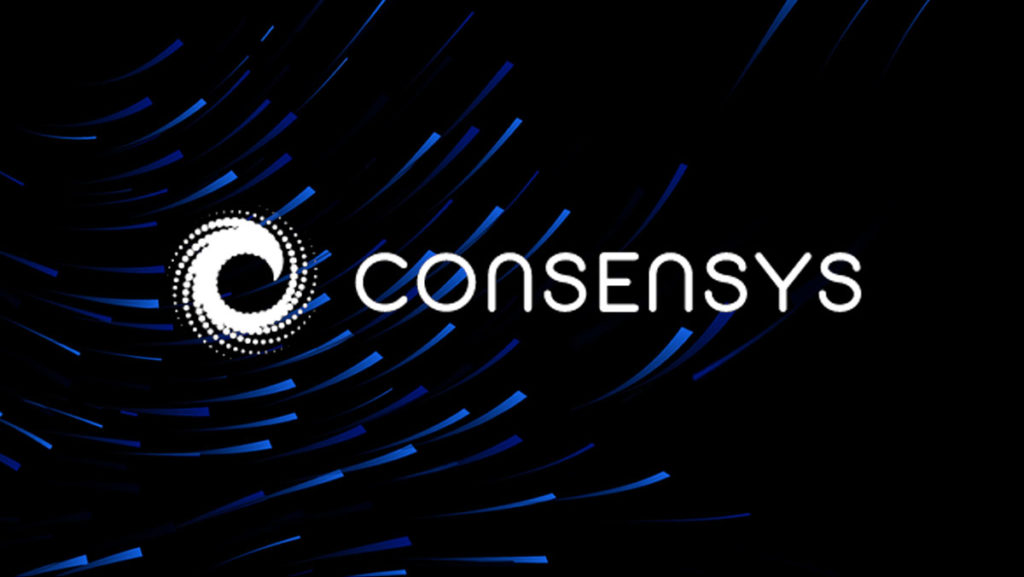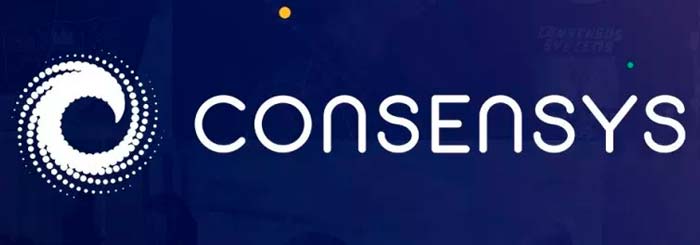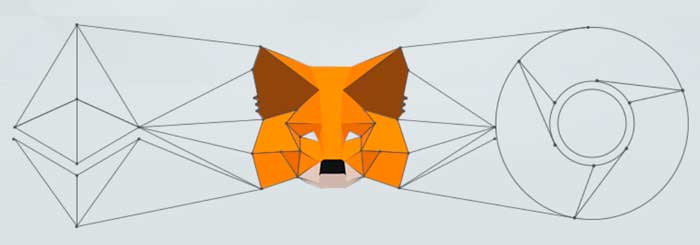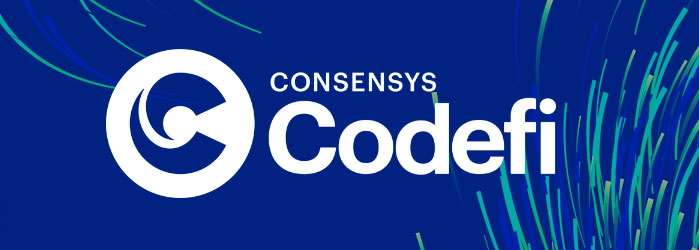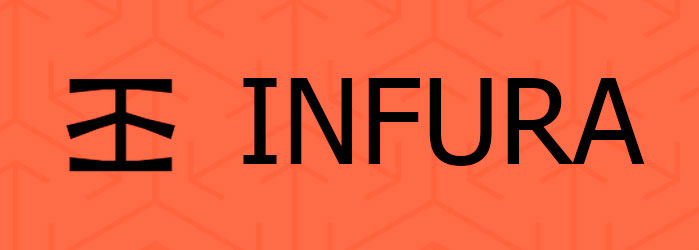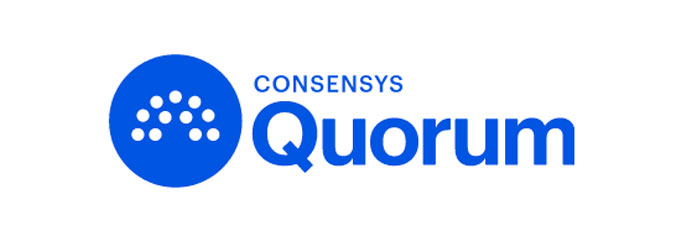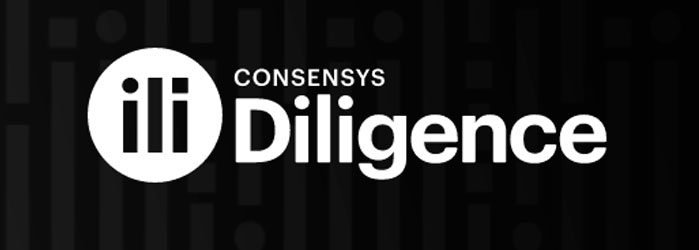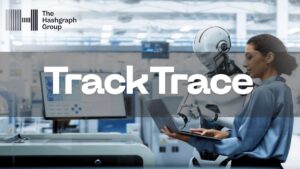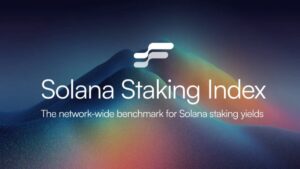A new era of Blockchain started when Ethereum was launched in July of 2015. The introduction of Ethereum proved that blockchains could be programmed to perform uncountable activities than just monetary transactions, as does Bitcoin.
When Ethereum blockchain was in the development stages, co-founder Joseph Lubin founded a platform to help developers and enterprises in building powerful decentralized applications on Ethereum. So how ConsenSys do this?
What is ConsenSys?
ConsenSys is the most important firm in the Ethereum ecosystem that offers full-stack Ethereum products to help developers build next-generation networks and enable enterprises to launch more powerful financial infrastructure.
In other words, it is an Ethereum development studio that provides powerful tools and solutions to developers to build powerful DApps on Ethereum. The platforms also provide consultancy to companies like Microsoft and Shell looking to get into blockchain.
ConsenSys is hard to understand business. The company is a global collection of entrepreneurs and technologists trying to bring about a more decentralized world using Ethereum as a foundation.
As reported, in September 2020, ConsenSys announced ConsenSys Mesh separating its investment and portfolio management activities from its software business. Mesh is a network of developers, researchers, founders, investors, and communities dedicated to advancing Ethereum and other decentralized protocols.
The business lines of ConsenSys Mesh can be divided into the following four categories.
ConsenSys Labs
ConsenSys Labs is an accelerator and venture arm of the company aimed at supporting entrepreneurs and developers in early-stage blockchain projects, focusses exclusively on Web 3.0.
Some of these projects are MetaMask—a crypto wallet and gateway to blockchain applications, uPort—an open blockchain-powered identity system, Civil, and Truffle—a framework for Ethereum developers that makes coding smart contracts simpler.
ConsenSys Labs supports entrepreneurs and developers around the world through tools, talent, and capital across three tiers that include Tachyon, an accelerator for early-stage blockchain and Web 3.0 startups, seed-stage investments, and Relays.
ConsenSys Labs currently maintains a portfolio of more than 100 blockchain startups.
ConsenSys Solutions
The company provides consultancy and solutions to blockchain to businesses. The company works with Forbes Global 2000 companies, non-profits, and world governments to build, test, and deploy high-value public and private blockchain solutions.
ConsenSys solutions aims to advance enterprise adoption of digital assets and blockchain technology by helping organizations in understating the “applications of blockchain technology, tackle emerging regulatory, strategic, and operational risks, and develop production-ready blockchain solutions.”
ConsenSys has built industry solutions for capital markets, asset management, decentralized finance (DeFi), global trade & commerce, and payments & money.
Capital
The company also provides funding and technical advisory on how to build and launch an ICO.
Several ConsenSys companies and projects raised capital from the public through ConsenSys-backed ICOs. Gnosis, a blockchain-based prediction platform, raised $12.5 million at a $300 million valuation, completing its ICO in under 12 minutes in April of 2017.
In September 2017, an electricity distribution company Grid + sold GRID tokens, raising $29 million. The most famous and controversial was the Civil Media ICO in which journalism-focused startup sold CVL tokens to raise $1.8 million in October of 2018. ConsenSys was the largest buyer of CVL tokens, buying 80% of the CVL tokens that went on sale. But after a month-long ICO, Civil fell far short of its $8 million soft targets for the ICO.
ConsenSys Academy
ConsenSys also provides learning resources to help teach the next generation of developers to build on Ethereum.
Currently, the academic arm of ConsenSys offers many training and educational courses on blockchain technology and Ethereum.
ConsenSys Product Suite
ConsenSys offers a comprehensive suite of products to build a powerful financial infrastructure on Ethereum.
MetaMask
This is a browser plugin that serves as an Ethereum wallet, and is installed like any regular plugin. MetaMask is not owned by ConsenSys but it is ConsenSys-incubated.
DApps were just too difficult to use but this scenario was changed by MetaMask as it makes interaction with DApps such as DeFi apps very easy. It allows users to store Ether and other ERC-20 tokens, enabling them to make transactions to any Ethereum address.
Codefi
Codefi is the blockchain application suite powering commerce and finance, built to optimize business processes and digitize financial instruments. Through its suite of products, It powers governments, central banks, and major financial institutions to create compliant, production-ready blockchain solutions for use-cases across the financial sectors. Codefi product suite includes Codefi Orchestrate, Codefi workflow, Codefi Assets, Codefi Markets, Codefi Payments, Codefi Networks.
Infura
Infura is an API services that allows developers to connect their application to Ethereum and IPFS. Large DeFi protocols including Compound, Maker, Uniswap, 0x Protocol are using ConsenSys Infura API services.
Quorum
Quorum is specifically an enterprise-focused open-source platform that enables them to leverage Ethereum for their high-value blockchain applications. It is an open-source protocol layer that serves as a foundation for businesses to build public or private Ethereum-based enterprise solutions.
As Crypto Economy reported, ConsenSys has acquired the Quorum platform from JP Morgan.
Diligence
ConsenSys diligence is a blockchain and Ethereum smart contracts service that helps from startups to enterprises launch and maintain their Ethereum blockchain applications. Major protocols including Uniswap, Aragon, Omisego, Horizon, and Aztec are audited by ConsenSys Diligence.
Summary
ConsenSys is doing a lot of things which makes it difficult to understand where different parts of the company fall. The company’s website and other available details are a mere fraction of its operations. Nevertheless, it is the most platform in the Ethereum ecosystem. Without it, Ethereum might not have achieved that it has today.
If you found this article interesting, here you can find more Ethereum News


